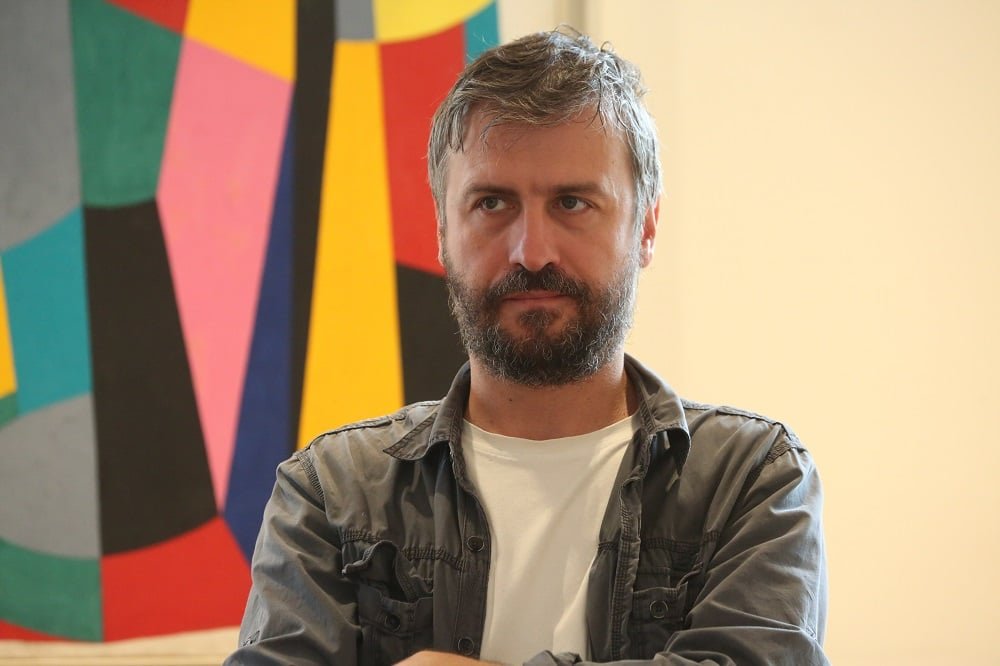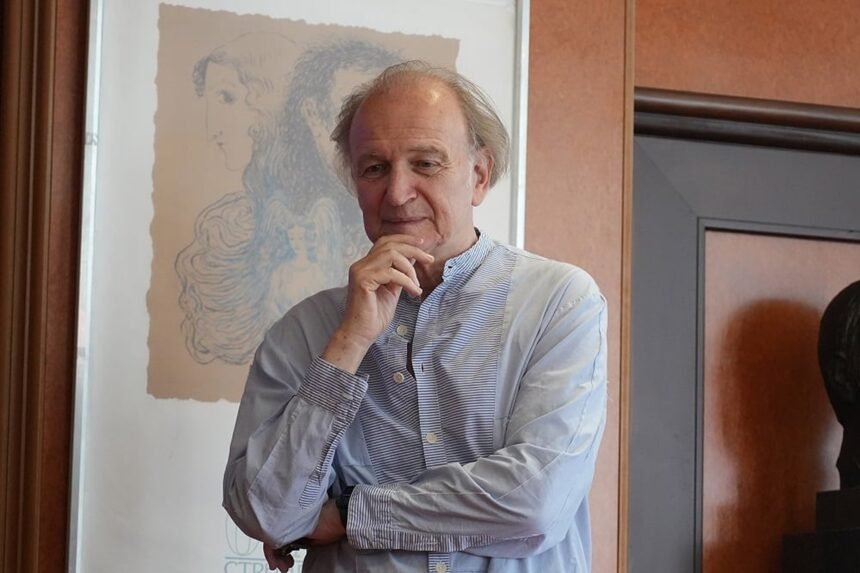Belgrade —29.10.2025
Serbia’s artistic and film communities are facing what many describe as their darkest chapter since the fall of Slobodan Milošević’s dictatorship. A wave of testimonies from prominent Serbian actors has revealed the existence of informal “blacklists” tools allegedly used to silence dissenting voices and exert political control over the country’s cultural life.
The controversy erupted after actor Milan Marić publicly spoke about the existence of these lists in an interview with Nedeljnik, confirming long-standing rumors within the Serbian film and theater industries. His statement has since prompted several leading figures including Ljiljana Blagojević, Miloš Timotijević, Branislav Trifunović, Andrija Milošević, Miloš Biković, and Svetozar Cvetković — to come forward and speak out against what they describe as systemic censorship tied to the ruling regime of President Aleksandar Vučić.
“A climate of fear and exclusion”
According to the actors’ testimonies, cultural institutions in Serbia are increasingly subjected to political control. Artists critical of the government or supportive of civic protests are reportedly being excluded from projects, roles, and festivals.
“These lists are real, even if they don’t exist on paper,” said actor Miloš Timotijević. “They target people who think freely, who supported protests, and who have, for some reason, become obstacles to those in power.”
Actor Branislav Trifunović recalled being warned by a colleague: “A director once told me jokingly: ‘You’re on the blacklist.’ That says it all. The real issue isn’t about the actors it’s about those who serve the regime by deciding who’s allowed to work.”
Funding and control of the arts
Prominent film star Miloš Biković accused the government of destroying Serbia’s national cinematography and misusing public funds for political purposes.
“There are blacklists,” he said. “Some can’t produce, some can’t act, some can’t do anything. If you speak openly, you end up on the list. The authorities act as if the culture budget comes from their own pockets.”
Veteran actress Ljiljana Blagojević described being directly removed from major productions:
“I was told several times that I had been chosen for a leading role, but then the director apologized, saying he had been ordered to replace me. It’s clear that political control extends deeply into the arts.”
Actor Andrija Milošević put it bluntly: “The entire culture is on the blacklist.”
Meanwhile, Svetozar Cvetković, one of Serbia’s most respected actors, confirmed that while such lists are not officially documented, “they exist in the minds of those who hold power,” and even noted that some television series have been deliberately delayed due to the participation of politically “undesirable” actors.
Political influence beyond state institutions
Reports circulating on social media and within cultural organizations point to a pattern of interference by managers, producers, and directors loyal to the government. According to multiple testimonies, actors critical of Vučić’s administration are quietly excluded from state-funded projects. Some artists have even alleged that photographs and videos from civic protests are being used as leverage to intimidate them.
A shrinking space for artistic freedom
Observers warn that these developments highlight the further consolidation of political control over Serbia’s public life extending far beyond state institutions to encompass the creative sector.
In a country where theaters are closing, film festivals are being canceled, and artists fear reprisal for speaking their minds, culture itself appears to have become the latest casualty of authoritarian governance.








